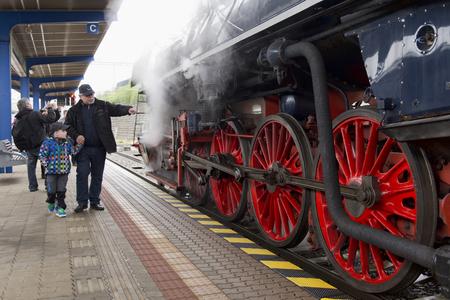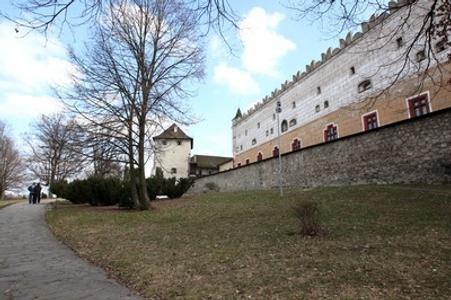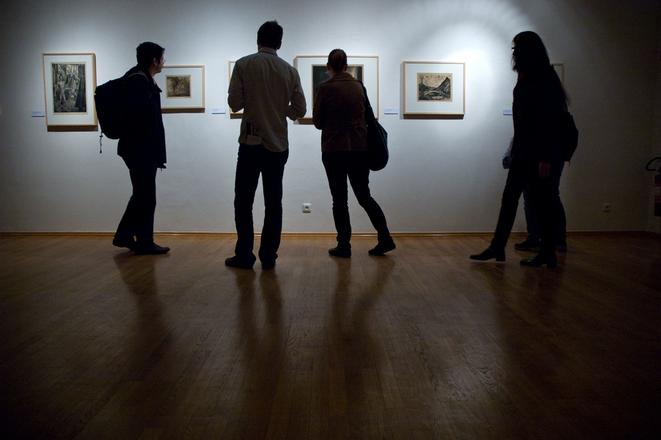COLLECTION objects are something of a sangrail for museums and galleries. Alexandra Kusá, the director of the Slovak National Gallery said this when describing in lighter terms the task of museums and galleries nowadays. These assemble collection objects, cherish them and exhibit them with love and passion to share with visitors.
Now the collection object has also become the main topic of the 12th edition of the Night of Museums and Galleries in Bratislava to be held on May 21. During this day visitors will not only be able to see one chosen collection object in each joined museum or gallery but also to select their own one and win some interesting prizes.
The collection object and how museums and galleries obtain their collections is now the main topic of the “Four Millions in a Museum” exhibition in the main building of the Slovak National Museum on Vajanského nábrežie 2. Here visitors can see, among the selection of objects the SNM has obtained during the last 15 years, an ancient Egyptian mummified arm, a fragment of a meteorite that fell near Košice in 2010, the coin treasure from the town of Svätý Jur or a papal bull from the 15th century.

The Slovak National Gallery, which traditionally prepares workshops and concerts as well as lectures for the Night of Museums and Galleries, will also present some of its latest and most precious acquisitions such as a Gothic wooden sculpture deemed to be lost to eternity from the Spiš region in eastern Slovakia from the 14th century and a portrait of Ján Kupecký, a native from Pezinok.
The idea to open museums and galleries deep into the night for a fraction of the ticket price dates back to 1977 when 108 national committees supported a resolution designating a day in May to celebrate arts at a price that would be within the reach of everyone. Eight years ago, the French initiative Nuit Européenne des Musées, the European Night of Museums, also supported the initiative. The goal of the project is to present, preserve and protect cultural heritage, and to spread information on cultural diversity in European countries and regions. Apart from Bratislava, museums and galleries across Slovakia will join the event.
In Bratislava, visitors will pay a fee of €2 in the first museum they visit and then will have free entry in all other participating venues. State, municipal and some private museums and galleries are participating in the event, many of which will stay open until midnight. They have prepared extensive programmes and workshops for families and children but also lectures, expert consulting and night tours to enable visitors to peer behind doors which usually remain closed.

While the number of programmes in English will be limited, there are several places that are worth visiting and where English guidance is not needed at all as there are already English labels. In some others, for example at the B-S Infantry Log Cabin between Bratská street and the D2 highway in Bratislava’s Petržalka district, English guidance is available.
During the Night of Museums and Galleries visitors also can use historical mass transport vehicles free of charge, including historical trams, buses and trolleybuses. And the blue Blaváčik Train will provide a tour of the city each hour until 23:00. Lovers of historical trains can also take a ride on a train pulled by the steam engine Albatros, among others.


 The Night of Museums and Galleries draws thousands of visitors. (source: Sme)
The Night of Museums and Galleries draws thousands of visitors. (source: Sme)